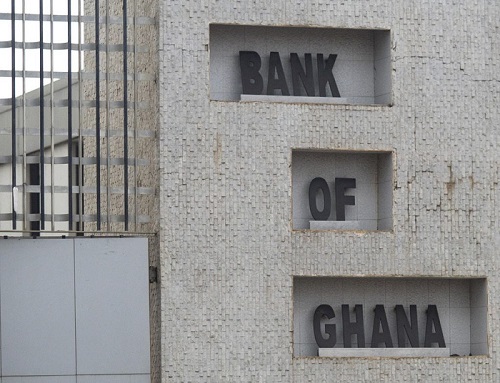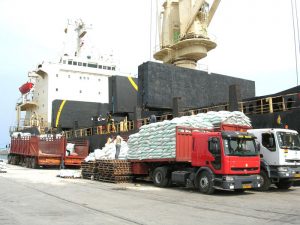The Bank of Ghana’s involvement will be needed to enable Ghana replicate the rice production success chalked by Nigeria.
This is according to a former policy advisor of the Competitive African Rice Initiative, Abraham Dwuma Odoom, who designed the model towards rice self-sufficiency.
According to him, the results from the project in Nigeria presents a blueprint that can be replicated by other African countries including Ghana.
Speaking on the Point of View on Citi TV on Wednesday, Mr. Odoom said the Bank of Ghana as a financial institution is a key stakeholder whose provision of finances will help achieve the desired results.
Last week, Nigeria’s president, Muhammadu Buhari, launched what has been described as the country’s single largest rice pyramids ever assembled, to confirm its success in achieving a bumper harvest of the produce in 2021.
The record nine million metric tonnes produced in 2021 was out of a deliberate policy plan, implemented at least over the last seven years, to increase production of the staple to meet local demand of about 7 million metric tonnes per year.
The policy plan dubbed the Anchor Borrowers’ Programme was championed by the Central Bank of Nigeria which gave loans to rice millers and input suppliers with farmers paid to supply set quantities to the millers.
Mr. Dwuma Odoom, a former Member of Parliament for Twifo Atti Morkwa, who was invited as a special guest for his contribution to the success, told Bernard Avle that mobilizing local farmers and reorienting all the stakeholders involved in the value chain will be a good step towards Ghana achieving a similar success.
He said the Bank of Ghana must also be willing to give loans at special rates to millers to enable them lend to farmers to increase their production.
“Nigeria’s template will work for Ghana if we can get the central bank’s buy-in. The Bank of Ghana will be able to give loans to the banks to un-lend to the farmers at a special rate. The Nigeria rate for instance was 9%. You can’t take a loan at 35% and be competitive,” he said, indicating that the current rates at which banks lend to rice farmers in Ghana was not helpful.
He noted that Ghana has more than enough suitable farmlands across the regions for the cultivation of rice.
Ghana currently produces about 900,000 tonnes of rice annually although consumption is far more than a million tonnes, and there have been several discussions about increasing local production of the commodity to meet the demands.
The deficit gives room for importation of large quantities of rice which among other things increases the country’s import bill.






